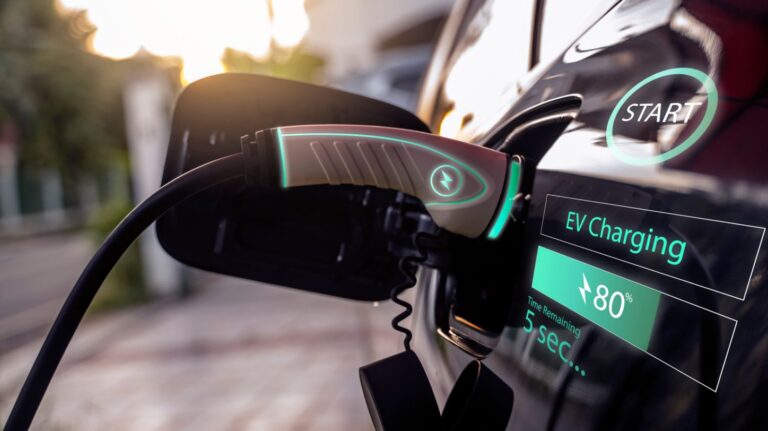New research commissioned by Shell suggests electric vehicle (EV) adoption is accelerating in several key European markets and it is having a positive impact on driver perceptions, including range anxiety.
The Shell Recharge EV Driver Survey 2023, conducted by LCP Delta, is said to be one of the largest research projects into the attitudes and behaviours of European EV drivers.
In its fourth consecutive year, the latest report looks at the views of nearly 25,000 drivers across Belgium, France, Germany, Italy, the Netherlands and the UK.
And according to the report, 42% of respondents have purchased an EV within the last year and 67% within the last two years, with 87% of current EV drivers buying their vehicle in new condition. The equivalent figure for all vehicles in Europe is 27%.
The data also shows that real-world EV experience, technology advances and growth in charging infrastructure are having positive impacts on driver attitudes, with only 14% of respondents refraining from taking longer journeys.
What’s more, the number of respondents that are travelling to other European countries by EV and having a good charging experience has increased by 5%, while reluctance to drive abroad because of charging or range concerns is down 7% and 5% respectively. Additionally, some 47% of respondents said they do not need to charge daily.
Florian Glattes, vice president, e-mobility solutions at Shell, said: “The EV adoption growth curve is clear from the data, and it is encouraging to see that many of these drivers are feeling positive about the experience.
“However, if we are to continue accelerating at pace then industry must listen to the needs of drivers and work together to effectively continue removing barriers into entry and further enhance the customer experience.”
Demands include “a less complex mix of apps and cards” to access the most value from these services. According to the report, 23% of respondents have installed four apps to manage their EV, and the same figure was quoted for drivers who access public charging infrastructure with four or more charge cards.
However, 47% of respondents said they would prefer to have a single method of accessing all public chargepoints even if that means they were to pay slightly more per charge.
The research also found a link between EV ownership and broader low-carbon lifestyle commitment, which extends to a willingness to make adaptations to maximise the benefits of their vehicles. For example, 47% of respondents have invested in at-home solar power, while 36% have smart home thermostats.
As a result, 66% said they would like their chargepoint provider to offer an EV-specific energy tariff; while 48% said they want smart charging services to be offered as part of their charge point deal, and 33% want devices such as solar panels and home batteries included.
The report also outlines opportunities for businesses to get involved through destination charging, with 44% of respondents saying they do not have a chargepoint installed at home. For example, retailers could potentially unlock new revenue streams by attracting new customers and longer dwell times.
In fact, some 49% of respondents said they already choose where to shop and travel based on the availability of chargepoints, and 57% said they would visit destinations more frequently if they had charge points.
Innovations and achievements in EV charging will highlighted and celebrated at the second annual CiTTi Awards, which takes place at the De Vere Grand Connaught Rooms in London on 21 November 2023. Entries are now open and close on July 28. For more information, please visit www.cittiawards.co.uk





